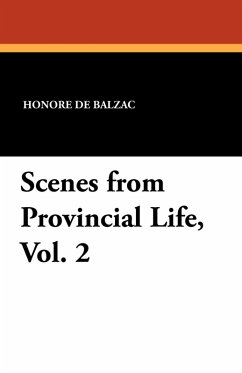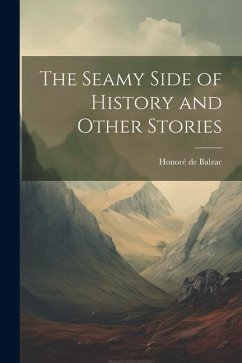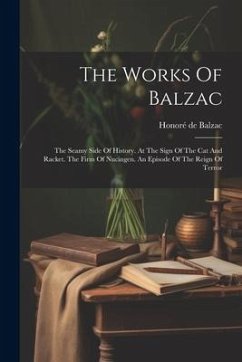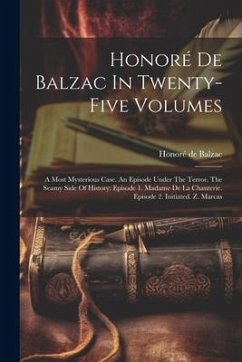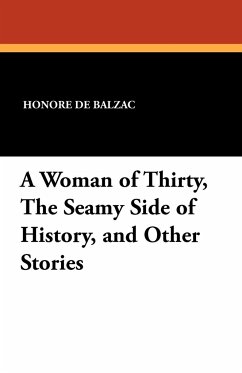
A Woman of Thirty, the Seamy Side of History, and Other Stories
Versandkostenfrei!
Versandfertig in 1-2 Wochen
35,99 €
inkl. MwSt.

PAYBACK Punkte
18 °P sammeln!
This collection showcases Balzac's keen insight into human nature and society. "A Woman of Thirty" delves into the complex emotions and societal pressures faced by a woman in 19th-century France. "The Seamy Side of History" explores the darker aspects of power and ambition, while the additional stories reveal Balzac's mastery in portraying the subtleties of personal and social conflict. Together, these works offer a rich tapestry of characters and themes, highlighting the intricacies of life and relationships.








